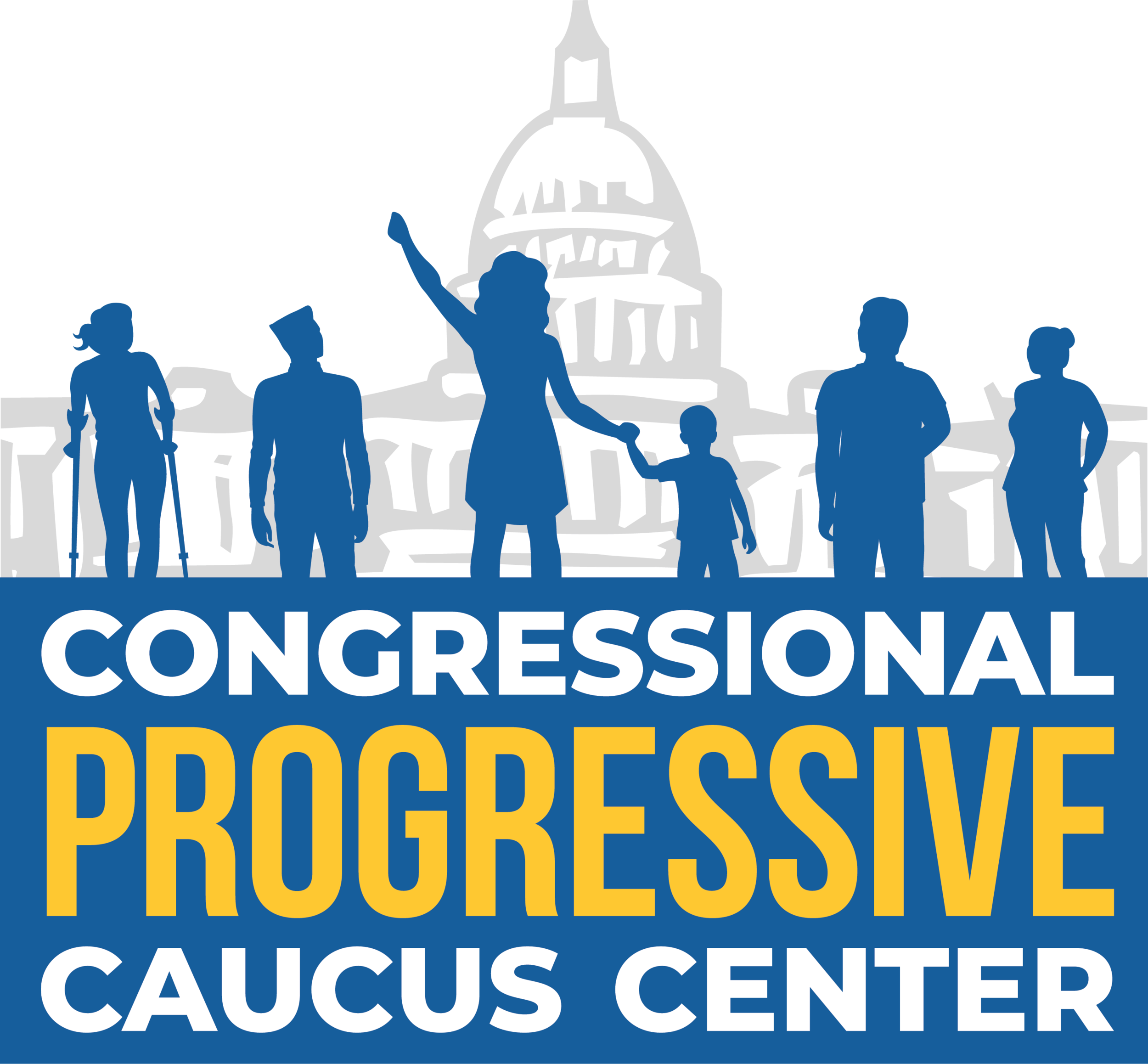CPC Center's Policy Director on the Killing of George Floyd and Recent Protests
Breonna Taylor. George Floyd. Ahmaud Arbery. Tony McDade. David McAtee. These names have been seared into our consciousness in the past few weeks as people whose lives were taken too soon and without justification. These names reignite memories of Tamir Rice, Sandra Bland, Philandro Castille and far too many others who have died at the hands of anti-black state violence, violence perpetrated by the police or ignored by the police until video evidence forced a reaction. The deaths sparked a series of painful conversations across the nation, like the one I dread having with my young daughter about living in America while Black.
The pain, sadness, and frustration is real, intensified for Black folk after weeks on lockdown, watching loved ones succumb to COVID-19 or risking their life and health as a large share of the essential workforce. In cities across the country, people poured out and turned up to peacefully protest these acts as well as the systems designed to empower and protect those that commit these transgressions. The resulting clashes gave a voice to the unheard.
If we do not want to find ourselves in a similar moment of pain and anger one, two or five years from now, again marching to protest another senseless death, we need to continue to show up. But as a nation, we also need to take a moment to listen.
We need to listen to the people in over-policed neighborhoods who have to worry about jump-outs and no-knocks. We need to listen to the Black-led groups that center Black people and rely on them to set the priorities for their organizations and communities. And we need to listen to the long history of police brutality and anti-Black, militarized and militia-led law and order.
At the CPC Center, we choose to stand in solidarity with movement groups that seek to empower the people and address over-policing in our communities. Please join us in considering a donation to groups like National Bail Fund Network, Black Visions Collective, BYP100, The Movement for Black Lives or your local Black Lives Matter Chapter.
